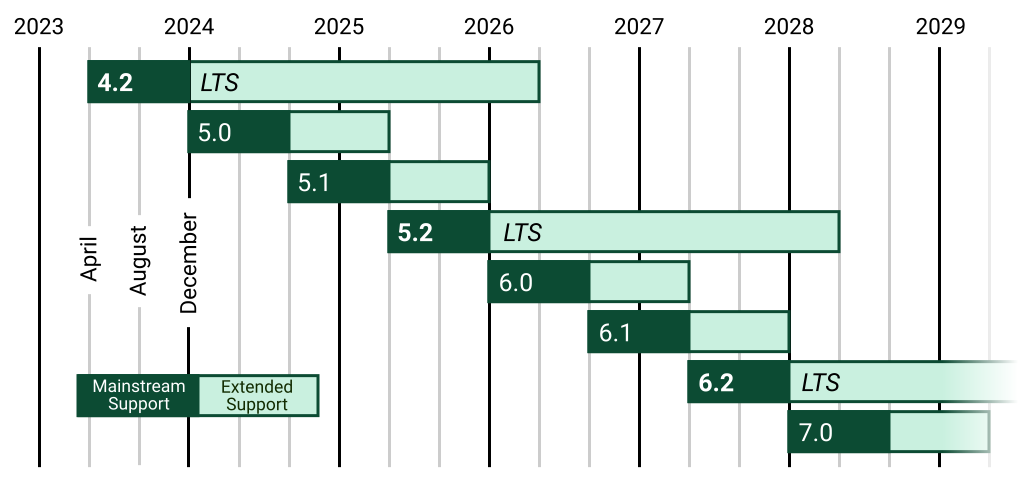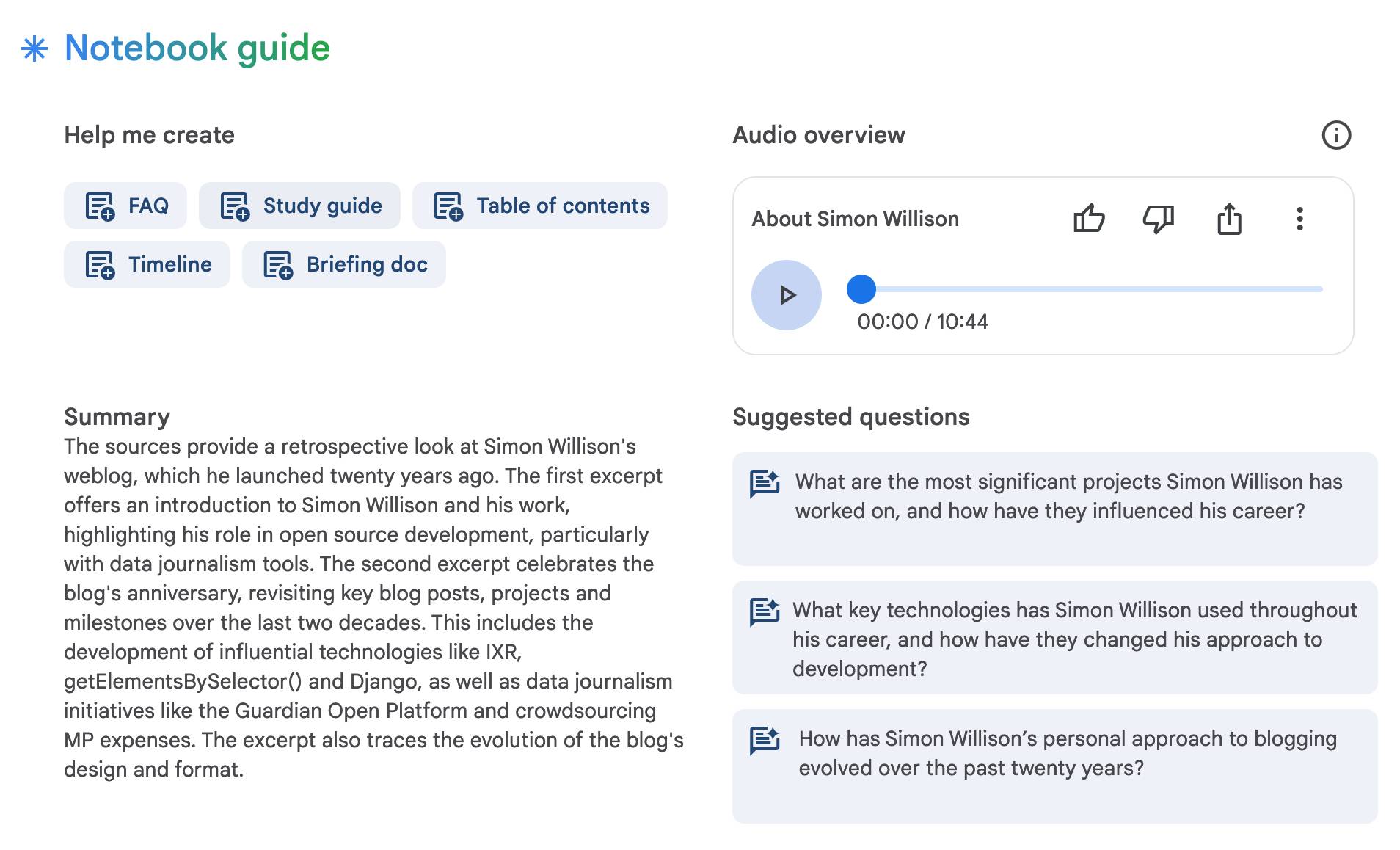Sunday, 29th September 2024
If you use a JavaScript framework you should:
- be able to justify with evidence, how using JavaScript would benefit users
- be aware of any negative impacts and be able to mitigate them
- consider whether the benefits of using it outweigh the potential problems
- only use the framework for parts of the user interface that cannot be built using HTML and CSS alone
- design each part of the user interface as a separate component
Having separate components means that if the JavaScript fails to load, it will only be that single component that fails. The rest of the page will load as normal.
Ensuring a block is overridden in a Django template (via) Neat Django trick by Tom Carrick: implement a Django template tag that raises a custom exception, then you can use this pattern in your templates:
{% block title %}{% ensure_overridden %}{% endblock %}
To ensure you don't accidentally extend a base template but forget to fill out a critical block.
In the future, we won't need programmers; just people who can describe to a computer precisely what they want it to do.
mlx-vlm (via) The MLX ecosystem of libraries for running machine learning models on Apple Silicon continues to expand. Prince Canuma is actively developing this library for running vision models such as Qwen-2 VL and Pixtral and LLaVA using Python running on a Mac.
I used uv to run it against this image with this shell one-liner:
uv run --with mlx-vlm \
python -m mlx_vlm.generate \
--model Qwen/Qwen2-VL-2B-Instruct \
--max-tokens 1000 \
--temp 0.0 \
--image https://static.simonwillison.net/static/2024/django-roadmap.png \
--prompt "Describe image in detail, include all text"
The --image option works equally well with a URL or a path to a local file on disk.

This first downloaded 4.1GB to my ~/.cache/huggingface/hub/models--Qwen--Qwen2-VL-2B-Instruct folder and then output this result, which starts:
The image is a horizontal timeline chart that represents the release dates of various software versions. The timeline is divided into years from 2023 to 2029, with each year represented by a vertical line. The chart includes a legend at the bottom, which distinguishes between different types of software versions.
Legend
Mainstream Support:
- 4.2 (2023)
- 5.0 (2024)
- 5.1 (2025)
- 5.2 (2026)
- 6.0 (2027) [...]
NotebookLM’s automatically generated podcasts are surprisingly effective
Audio Overview is a fun new feature of Google’s NotebookLM which is getting a lot of attention right now. It generates a one-off custom podcast against content you provide, where two AI hosts start up a “deep dive” discussion about the collected content. These last around ten minutes and are very podcast, with an astonishingly convincing audio back-and-forth conversation.
[... 1,489 words]